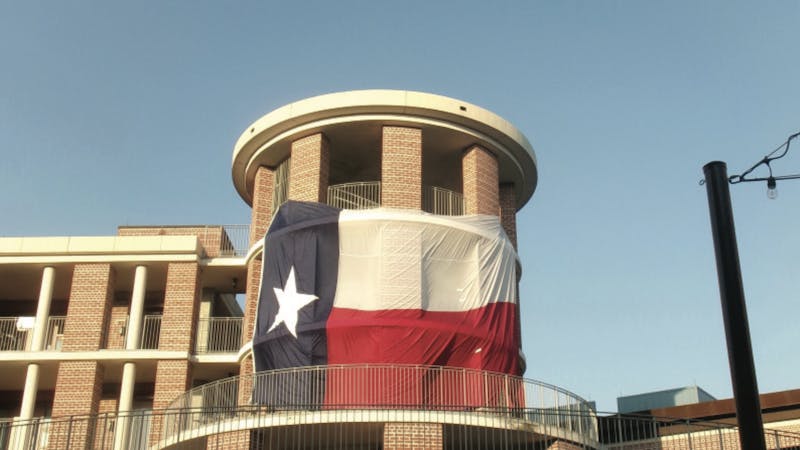Ball studies cystic fibrosis
The National Science Foundation CAREER awards are awards given out to young faculty members who fulfill the NSF's criteria of excellence in both research and education, as well as their successful integration. The Thresher sat down with two of Rice's CAREER award recipients, Zachary Ball and Lin Zhong (see next article) to discuss the award, research and the future.
Rice Thresher: What kind of research do you do in general?
Zachary Ball: One thing we are interested in is being able to identify how protein-protein interactions and ion channels impact cystic fibrosis. We're also interested in identifying proteins that could serve as a basis for drug development. It's all within this general theme of inorganic activity, and we're also interested in methodology development. This is largely for use by pharmaceutical companies — we're interested in how to make molecules more quickly, more efficiently and with less toxicity.
RT: What got you interested in research?
ZB: It's been a slow progression. The work has its genesis in some ideas I wrote about in grad school.
RT: What are your future plans in research?
ZB: We have some ideas we may be able to develop about cystic fibrosis, and it would be cool if some of our ideas could be used to develop drugs. In a sense, that is one of the things that is out there on the horizon for us.
RT: What do you hope to accomplish with the funding received from the award?
ZB: Right now, we have a proof of concept. It would be really nice if we could use this award period to convince the biochemists that rhodium-based ideas are valuable in studying biological systems. We need to take this idea and prove that it is generally useful.
RT: Where do you see the research going in 25 years?
ZB: I'm not tied to any specific endpoint in where I go. We're doing things now I would never have envisioned when I started at Rice four or five years ago.
More from The Rice Thresher
Rice lands high on Niche, Forbes college ranking lists
Rice recently ranked No. 10 on Niche’s Best Colleges in America list and No. 12 on Forbes’ annual America’s Top Colleges list in 2026. It was also recognized in several categories by the Princeton Review, placing in the top 10 in four categories.
From post-human novels to augmented reality, Rice hires new faculty
Rice welcomed 97 new professors this fall across disciplines, including a posthumanist Harvard scholar, a husband-wife duo and a computer science professor who graduated from Rice thrice.

First public of the year reckons with threats of a dry campus
After a Dis-O that saw four times as many calls for intoxication-related transports of students to the hospital compared to the prior three years, Cory Voskanian, a Martel College socials head tasked with planning the first public of the year, said that he was feeling the pressure.


Please note All comments are eligible for publication by The Rice Thresher.